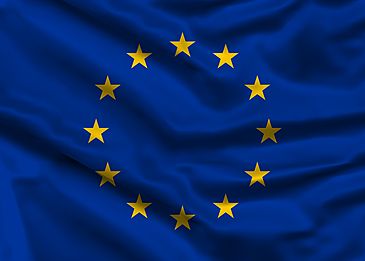
EU Denies Social Media Censorship Claims in Response to Meta
The European Union believes that it has dismissed all social media censorship allegations categorically in response to Meta’s comments on content moderation. The EU wants to point out that their regulations are not intended as censorship but as a way to alert the user and protect them from negative content. These concerns come as European social media companies are increasingly seen as overreaching in their attempts to regulate content posted on the sites.
Highlights:
- EU dismisses Meta’s allegations of social media censorship.
- The European Commission emphasizes transparency over censorship.
- Meta's claims sparked a public debate on content moderation.
- EU insists regulations aim at user protection and safety.
- Social media platforms are under increasing scrutiny in Europe.
The EU and Meta continuous conflict shows that the fight between the freedom of speech and the safety of the users continue to be an issue. Such statements move rife bringing into question whether Meta has an intention of secreting free speech under the guise of One of the recent legislations aimed at regulating big online platforms is the EU based Digital Service Act. But, the EU has explained that the problem is to respond to content that is negative and illicit as soon as possible without violating fundamental rights.

However, the EU’s clarification does not cease the discussion around content moderation heating up. Many have applauded the EU’s strategy for efforts to fight against the proclivity of social media companies to indulge in sporadic and irresponsible operations. Meta’s worries are evidence of how it is hard to find a middle ground between being compliant with the regulations from a particular country, and ensuring that free speech is allowed worldwide.
Thus, the more the events evolve, the position of the EU on regulation of social networks will affect general debates on the management of the content. Although Meta has pointed out some concerns over censorship, the EU, in response, maintains that its policies aim to allow internet users to exercise freedom of speech using contents that are moderated according to legal extremes.


